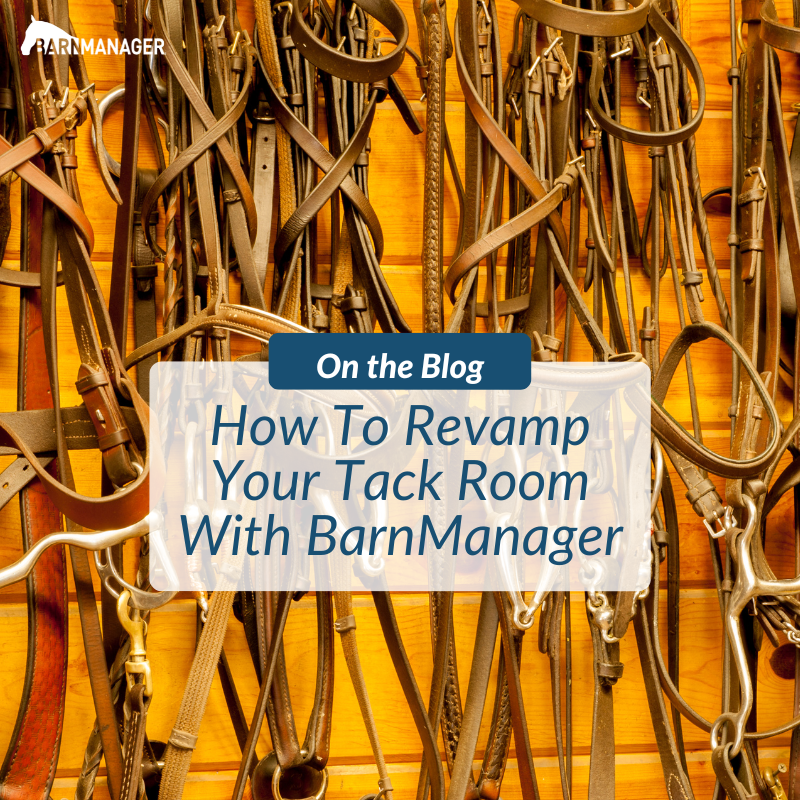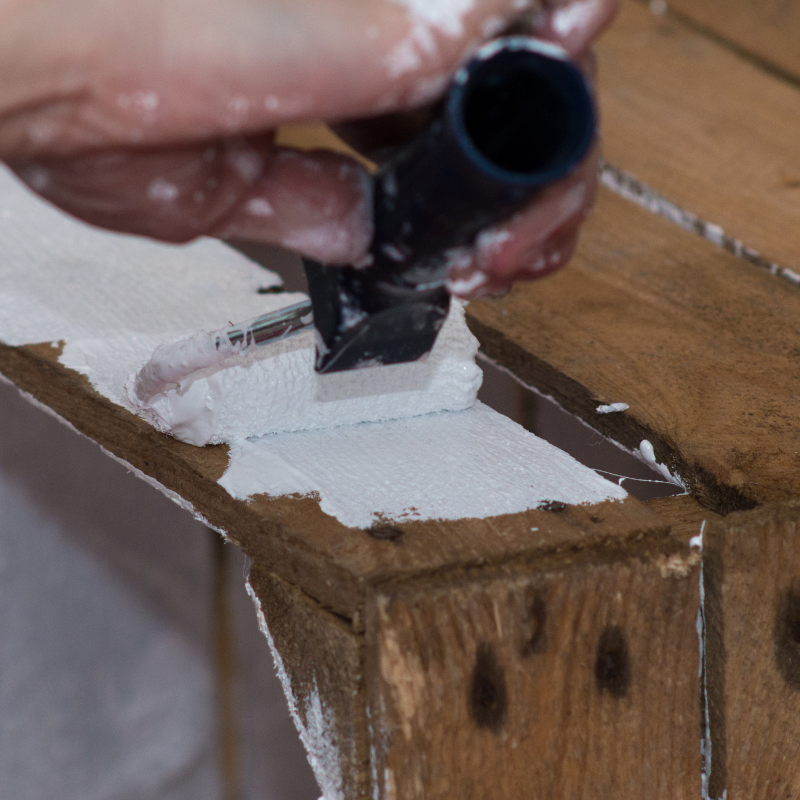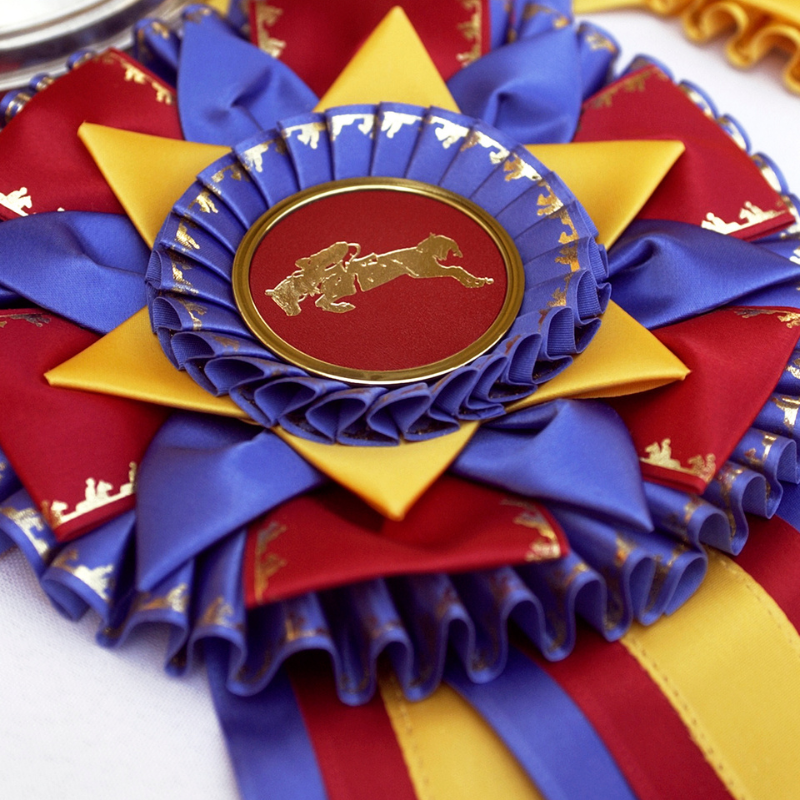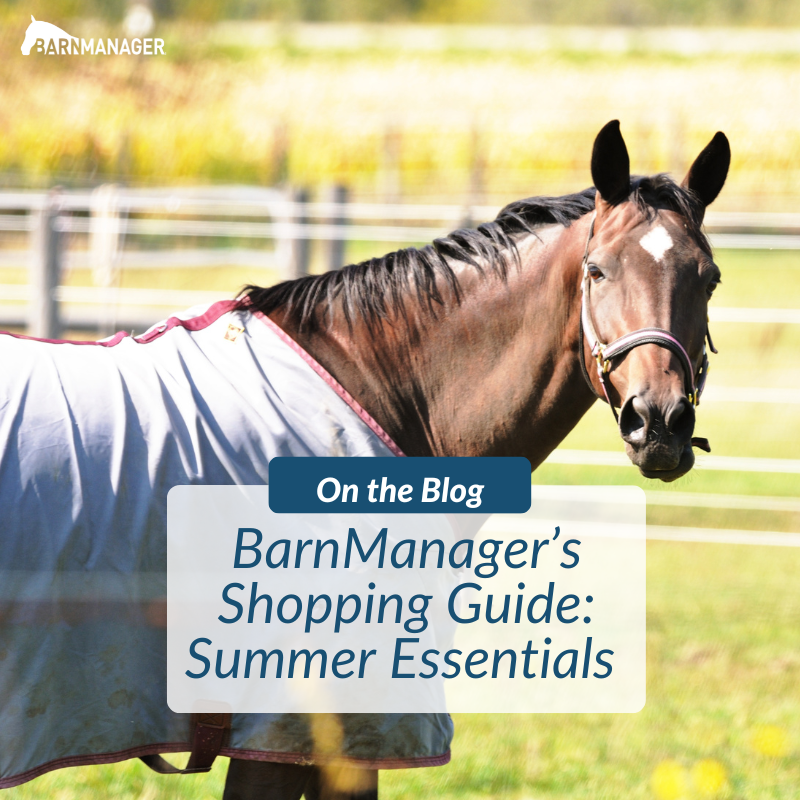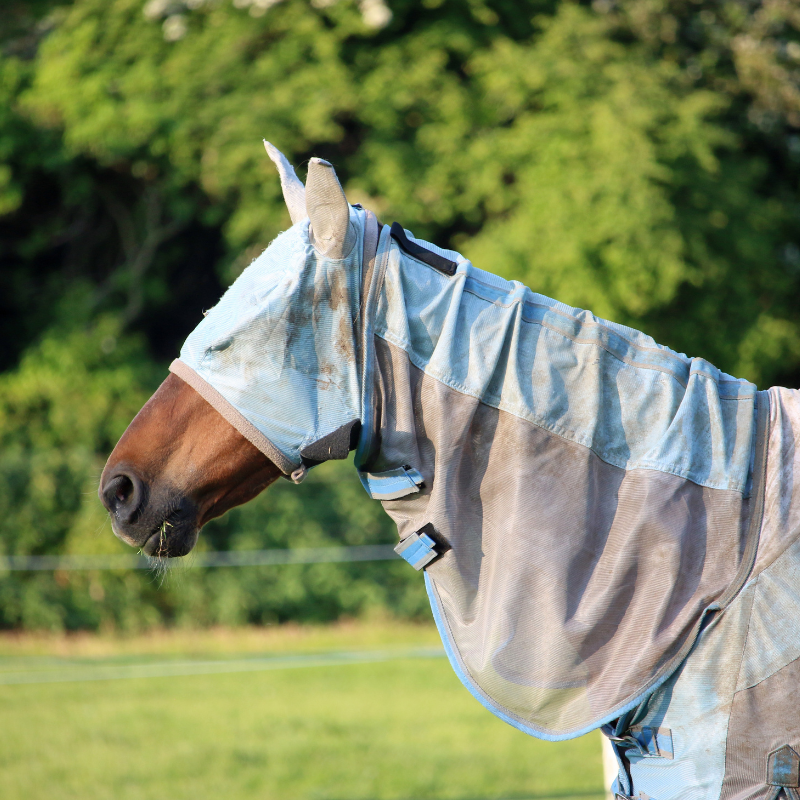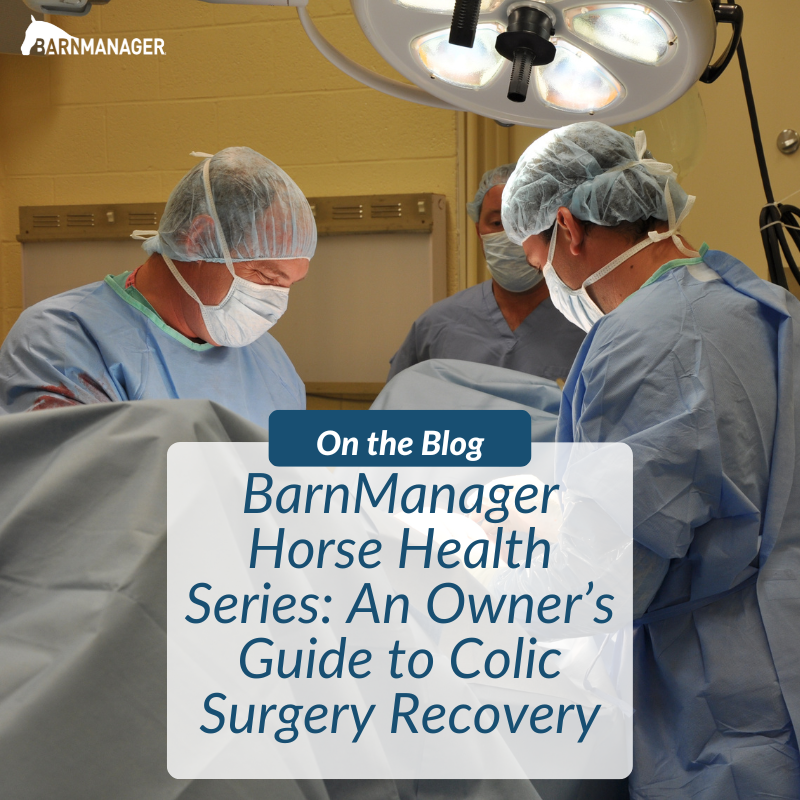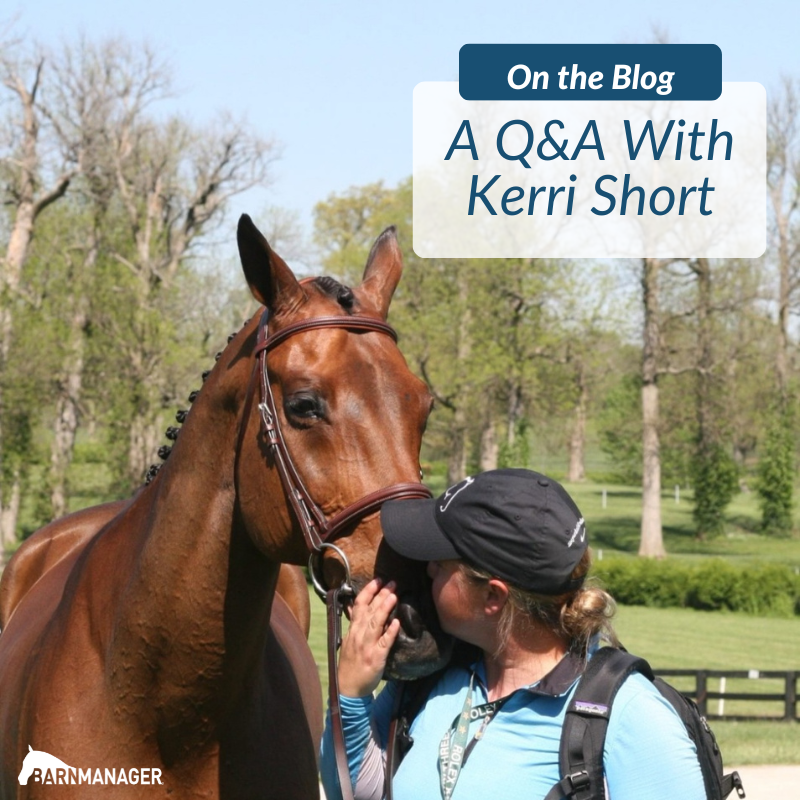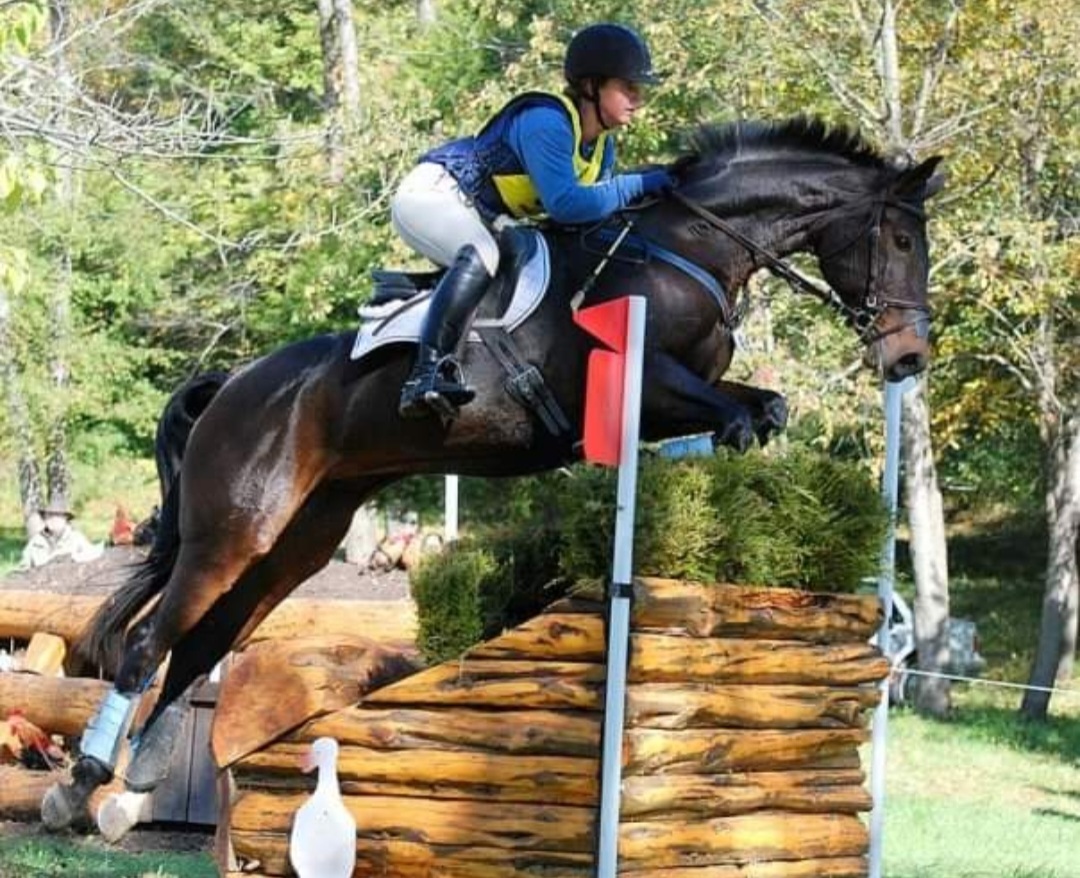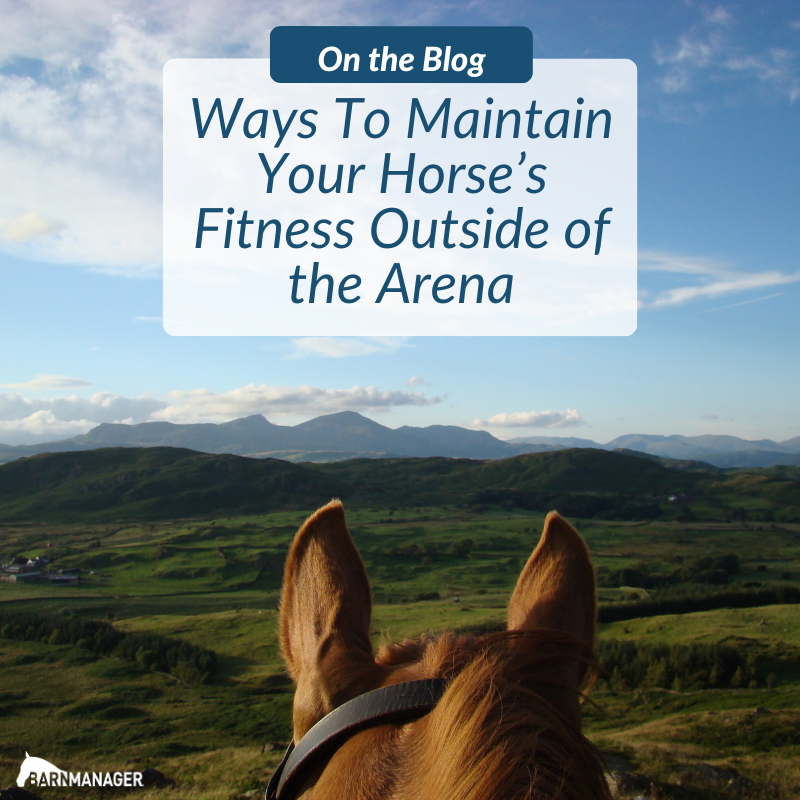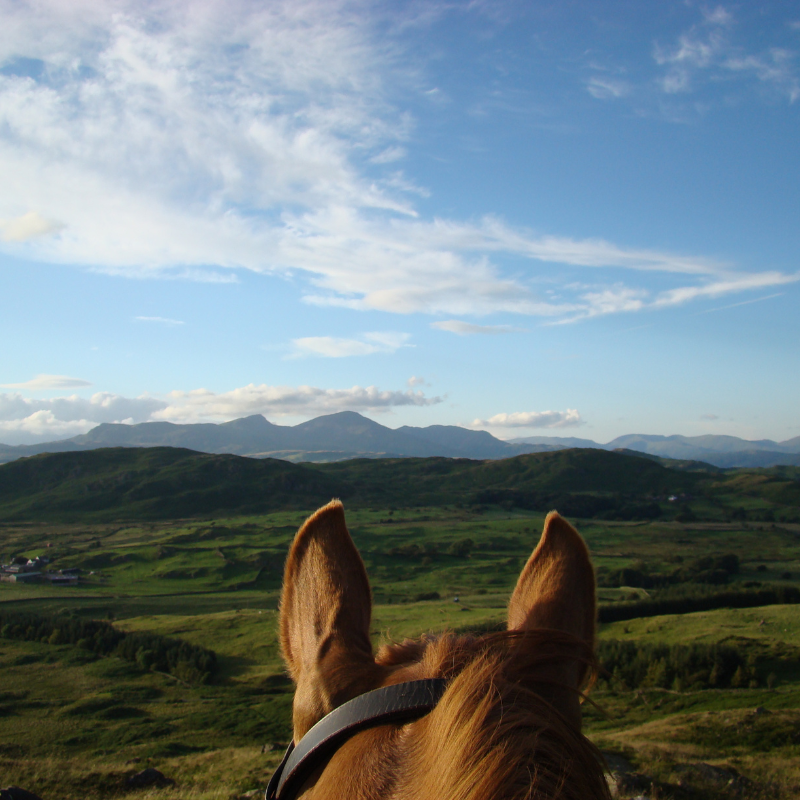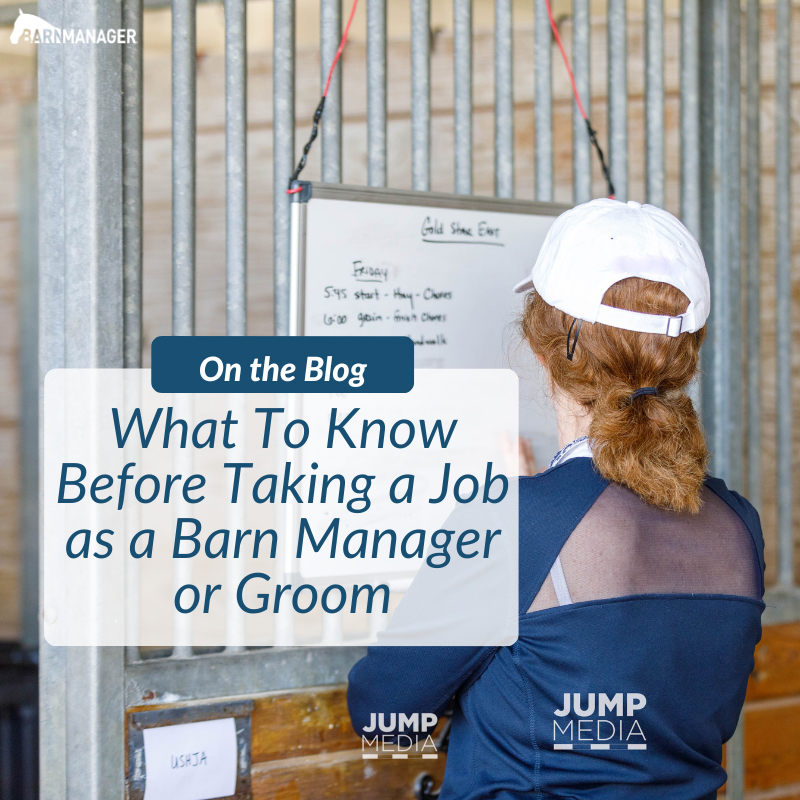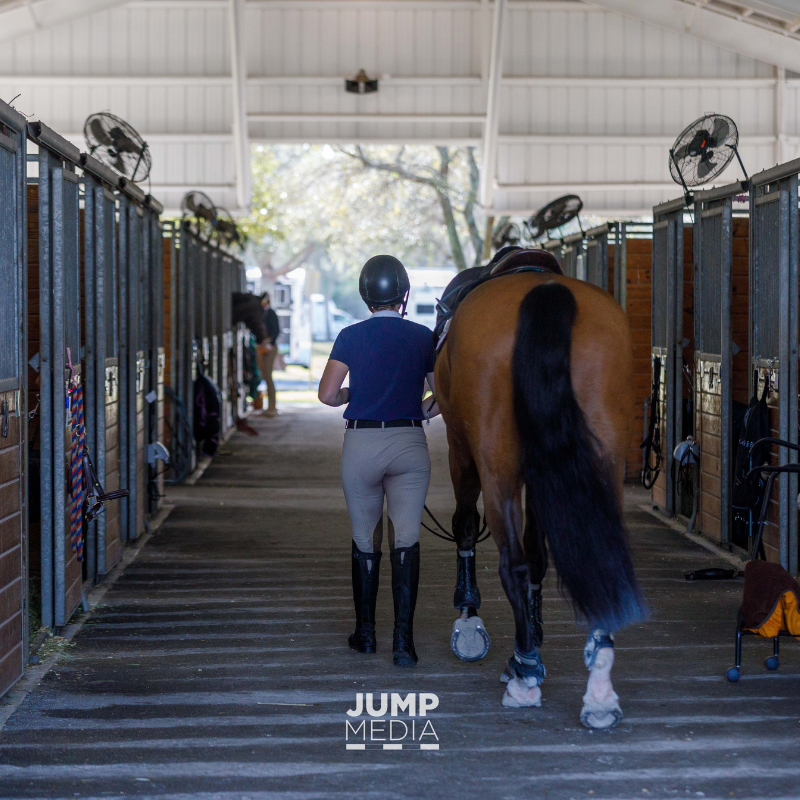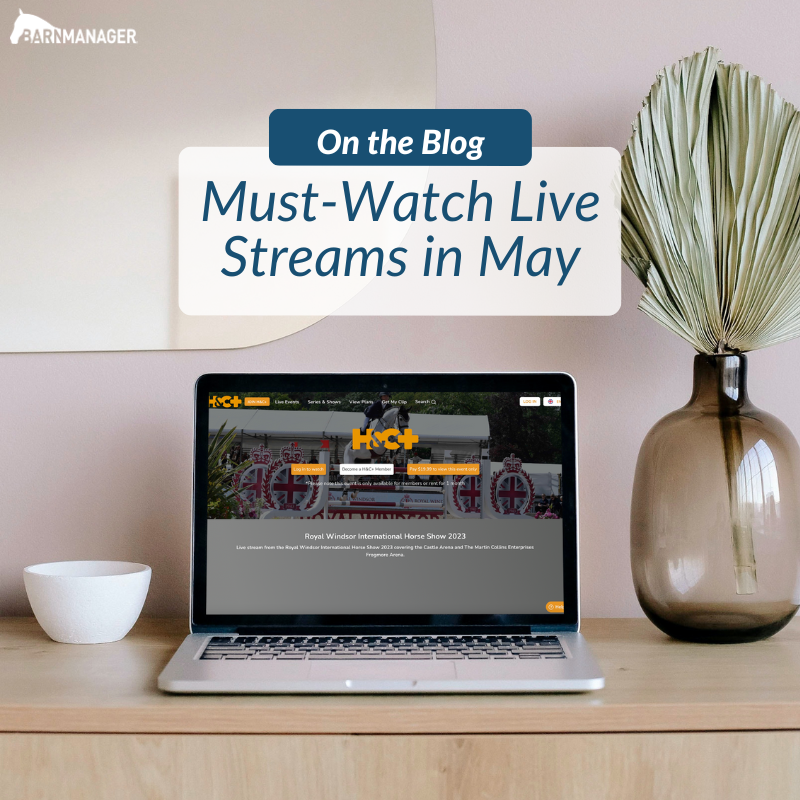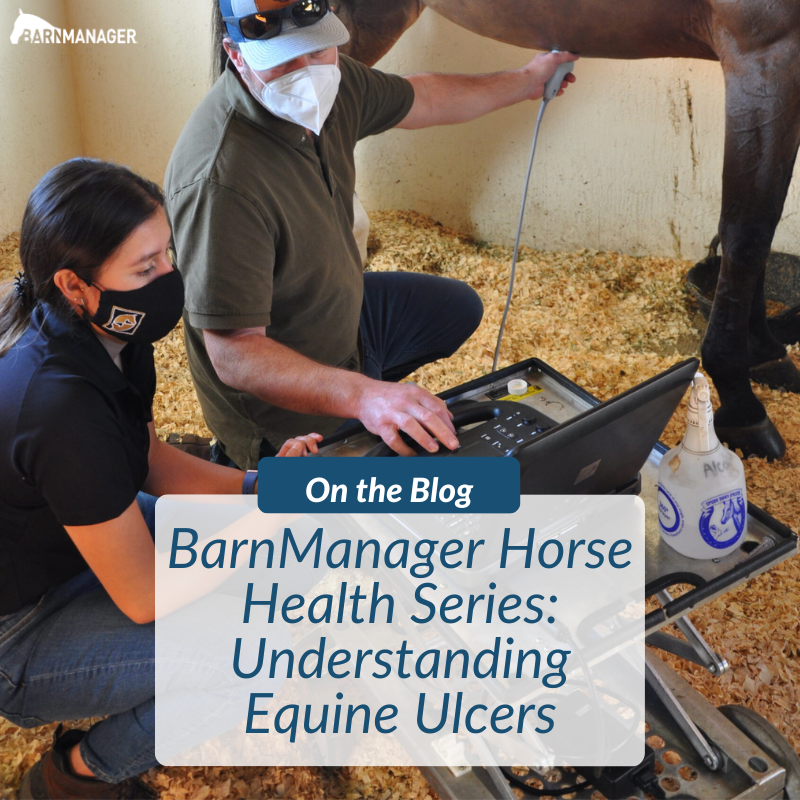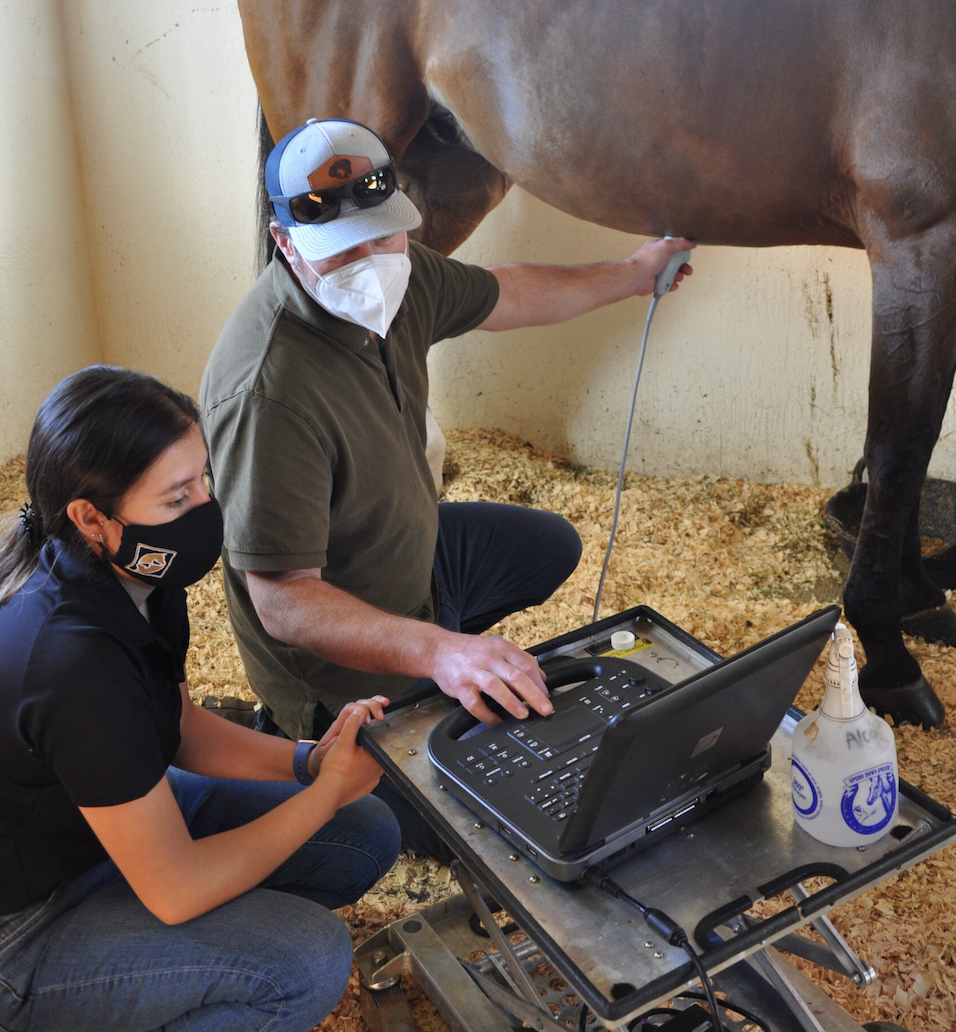The summer show season is getting underway with several exciting events slated for June and July. Continue reading to find out where you can watch top show jumping, hunter, equitation, dressage, and eventing competitions during the next two months.
Longines Luhmühlen Horse Trials
June 14-18, 2023 – Watch the world’s best eventing riders take on all three phases of competition from start to finish at the Longines Luhmühlen Horse Trials in Luhmühlen, Germany. This event is one of seven CCI5*-L tracks in the world and includes CCI4*-S divisions as well.
Where to watch: Horse & Country
World Equestrian Center – Ocala Summer Series II CSI3*
June 13-18, 2023 – Don’t miss out on top hunter, jumper, and equitation competition at World Equestrian Center – Ocala in Ocala, FL. The event will also host exciting three-star classes with the $150,000 IDA Development Grand Prix taking place under the lights on Saturday night, June 17.
Where to watch: ClipMyHorse.TV
Longines Global Champions Tour (LGCT) Paris
June 23-25, 2023 – LGCT Paris is set against the backdrop of the Eiffel Tower in Paris, France. The show will include two-star, five-star, and Global Champions League show jumping competition. The Longines Global Champions Tour Grand Prix of Paris will be the highlight event, taking place on Saturday, June 24.
Where to watch: GCTV
CHIO Aachen
June 23-July 2, 2023 – CHIO Aachen is a favorite international event held each summer in Aachen, Germany. Spectators can enjoy the best of the best in show jumping, dressage, eventing, vaulting, and driving. Highlight events include the Mercedes-Benz Nations’ Cup on Thursday, June 29, and the Rolex Grand Prix of Aachen on Sunday, July 2.
Where to watch: ClipMyHorse.TV
Adequan®/US Equestrian (USEF) Junior Hunter National Championship – East
June 27- July 1 – The Adequan®/USEF Junior Hunter National Championship showcases the best junior hunters in the nation. Watch the top junior hunter riders go head-to-head for coveted titles. The event is held at Traverse City Horse Shows in Williamsburg, MI.
Where to watch: USEF Network
Lake Placid Horse Shows
June 27-July 2, and July 4-9, 2023 – Lake Placid Horse Shows hosts two exciting weeks of hunter, jumper, and equitation competition in Lake Placid, NY. Enjoy top competition on the grand prix field including the $75,000 Great American Insurance Group Grand Prix on Sunday, July 2, the $75,000 Richard M. Feldman Grand Prix on July 8, and the $15,000 USHJA International Hunter Derby on July 9.
Where to watch: USEF Network
The Equestrian Summer Cup, Moerzeke
July 20-23, 2023 – The Equestrian Summer Cup, Moerzeke is held in Moerzeke, Belgium, at the beautiful facility of Sea Coast Stables. The event features three-star competition on a grass field.
Where to watch: Horse & Country
Have questions about utilizing BarnManager or want to give it a try for yourself? Request a live demo here!


